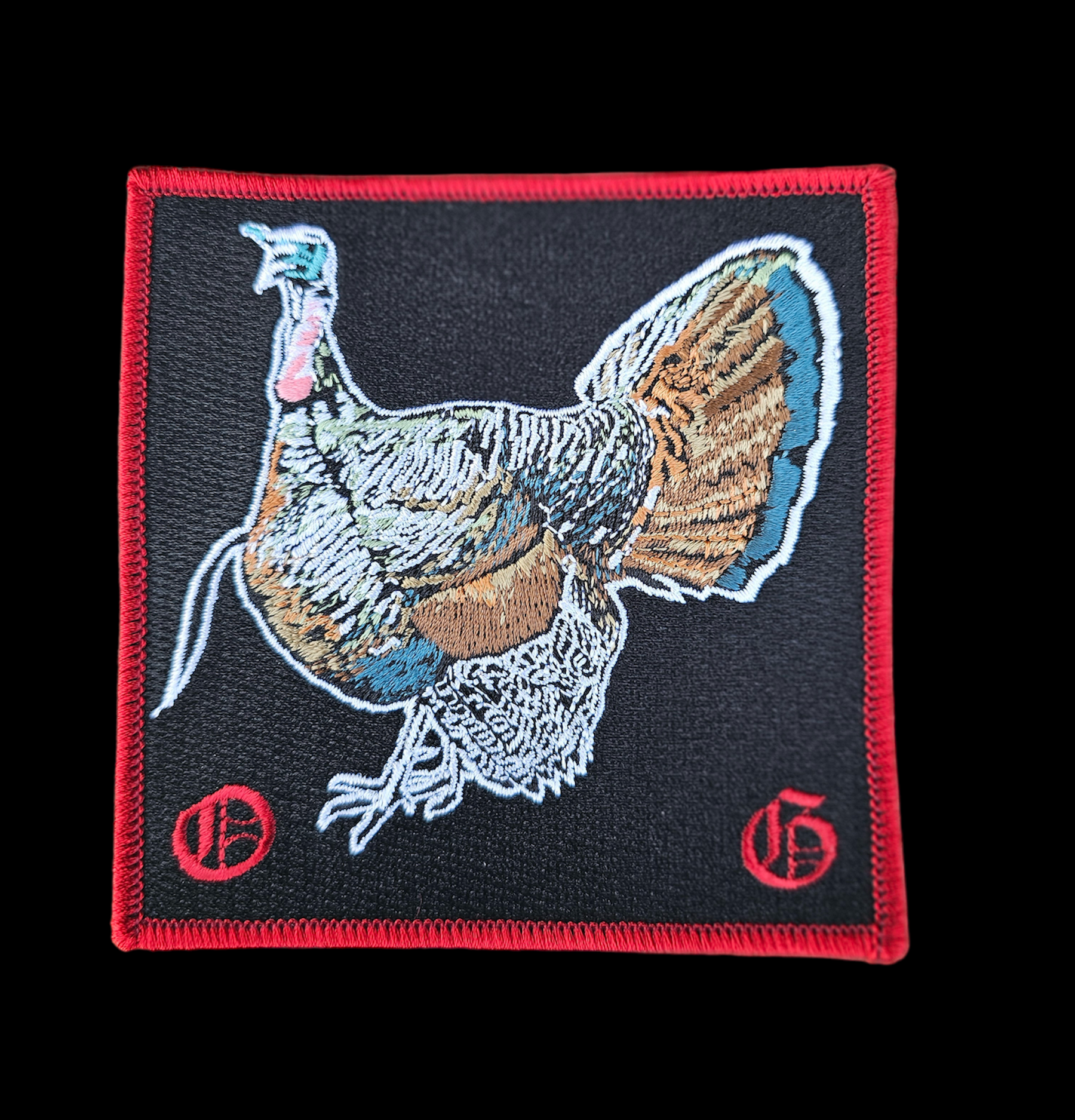       |
Turkey hunting forum for turkey hunting tipsThe world needs to eat less meat to save the planet
WILD TURKEY FORENSICS (MISSISSIPPI PROJECT ANNOUNCEMENT)Started by TurkeysForTomorrow, June 13, 2022, 03:06:26 PM Previous topic - Next topic
User actions
|